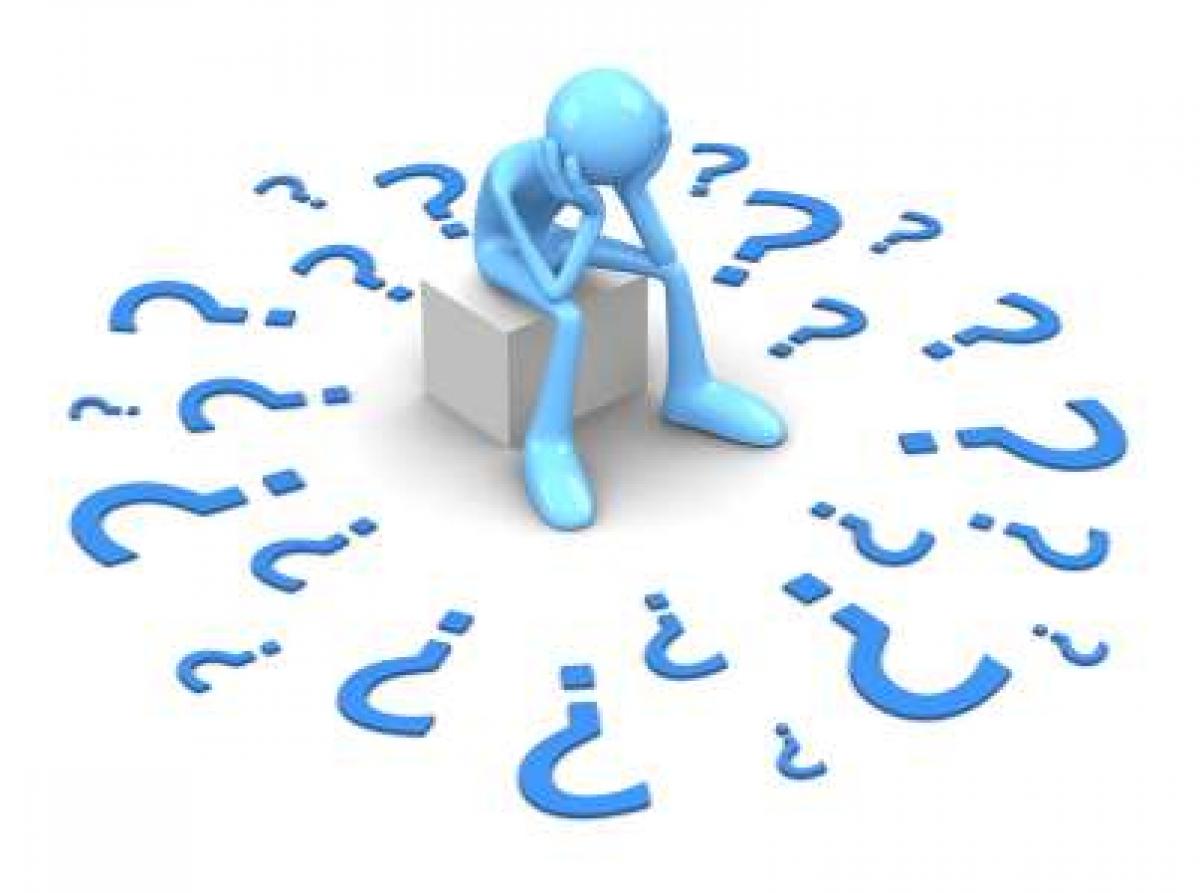 That historic Armonk-headquartered company, IBM, says that it believes application programming interfaces (APIs) will constitute a $2.2 trillion market by 2018. Putting its money where its mouth is, IBM recently purchased Strongloop, a company that develops APIs for “an open hybrid cloud environment.” The buyer plans to incorporate Strongloop’s developers into its own growing “Internet of Things” platform.
That historic Armonk-headquartered company, IBM, says that it believes application programming interfaces (APIs) will constitute a $2.2 trillion market by 2018. Putting its money where its mouth is, IBM recently purchased Strongloop, a company that develops APIs for “an open hybrid cloud environment.” The buyer plans to incorporate Strongloop’s developers into its own growing “Internet of Things” platform.
Okay, the “Internet of Things” is getting tiresome. But let’s focus here on APIs.
Al Sweigert, an author of programming tutorials, argues on the website Open Source that the ability to code will become very widespread over the next few years, and that as it does the action will be in API, not in the creation of apps.
“Not everyone will be making their own Facebook app, but everyone will have their own individual needs of Facebook’s database and services,” Sweigert writes. Their growing sophistication in the use of APIs will allow them to make use “of web services on their terms, in their own programs.”
Unfortunately, he adds, corporations and governments want to preserve their own walled gardens “through DRM, spyware, and patent abuse.”
Sweigert’s article and its timing serves as a symptom that the tech world is just now waking up to the significance of copyright law, and to the way it does or doesn’t apply to APIs. The Supreme Court’s refusal to step in, in the Oracle v. Google case, advances the bad cause of preserving the walls. It says that these useful tools for creating your own garden may themselves be stored behind a wall.
Refusing to Decide
On the last day of the U.S. Supreme Court's 2014-15 term, the court refused to hear an appeal from a big copyright case involving two tech giants, Google and Oracle.
By refusing to decide, the court did decide something important: it let stand a decision by the Federal Circuit that Oracle does have a copyrightable interest in API packages.
As I discussed here in May, and again in July, the APIs in question are written in the Java programming language, a language that was developed by Sun Microsystems in the mid-1990s, and which is now in the public domain. Google contended that the Java APIs it used were really just a set of “basic shorthand commands” within that language, so the latter are as public as the former.
Oracle (which purchased Sun Microsystems in 2000) brought the underlying lawsuit against Google in 2010. It will continue for some time -- for part of what SCOTUS achieved when it refused to take the case was to leave intact the circuit court’s remand of the “fair use” issue to the trial court, and Google can re-argue its key defensive contentions under that rubric.
One can’t simply say, “oh, well, no big deal … the fair use defense remains open.” Yes, it does, but … the fair use defense is no picnic. It is complicated and fair use litigation is expensive. Just forcing users to prove that their use is fair in the sense of the law is a decent strategy for the defenders of the walls and may well keep them not only standing, but standing tall.
Typically, a use of a copyrighted item is protected as fair depending on: the purpose and character of the use (whether it is nonprofit, educational, etc.), the nature of the work; the amount and substantiality of the portion of the copyrighted material used; the effect of the use in question on the potential market value; and whether the new use is “transformative.” Merely listing those five points should tip you off that this is a very fact specific inquiry.
Print the Legend
The problem for Google is the significance of the first of those five. Its use of the APIs at issue is plainly commercial.
The best point for Google is the nature of the work, because it is under this prong that Google can argue the value of interoperability. The nature of the work is such that “the unauthorized use of copyrighted material will promote rather than disserve the purposes of the copyright laws,” in the terms of the amicus brief submitted to the Supreme Court by the Solicitor General.
Two big shots at the Electronic Frontier Foundation made the key point in a blog post here.
We shouldn’t let ourselves become fixated on the fact that this particular litigation involved two giants, and that the giant that lost the last round, Google, has the resources to continue through coming rounds. As Michael Barclay and Corynne McSherry write, few start-ups will have the resources to do the same. The way the law now stands may well deter “new companies from competing with a large, litigious competitor by using the latter’s APIs,” which will limit the development of the latter, quite possibly to the impairment of the general public’s welfare.
But when the law is on one side and the development of technology is clearly on the other: bet on the technology. That’s where alpha is to be found.




